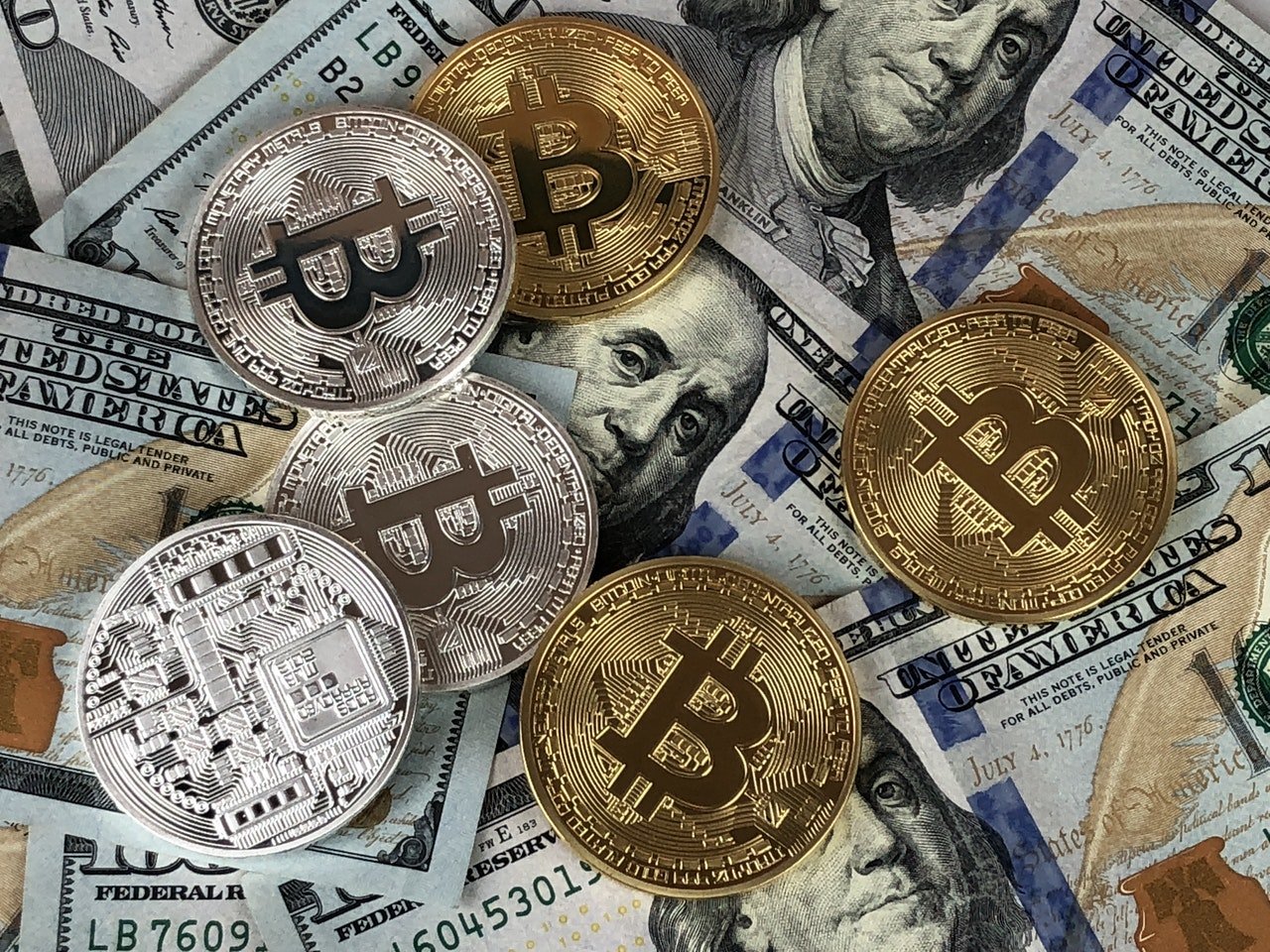Crypto
Do cryptocurrencies encourage hacking?
Hacking can do irreparable damage to your business, and with the rise of cryptocurrencies, it is important to know how you can avoid becoming a victim.

Hacking can take many forms. Sometimes, it is just to mess up a company’s systems for the fun of it, and other times it has been used to gain private information and then try to extort money to keep it secret. Competitors have also used it to harm the reputation of another site. Some people are of the opinion that cryptocurrencies have encouraged hackers because when they ask for a ransom to return information, if they request it in a cryptocurrency, it is virtually impossible to trace. The number of ransomware attacks has risen considerably in the last few years, even more so since the best known of all cryptocurrencies, Bitcoin, was first introduced.
Bitcoin and Bitcoin Cash
Bitcoin uses a technology known as blockchain, and one of the points in its favor is that it is secure. It offers peer-to-peer transactions that once complete cannot be altered and are almost impossible to track. In legitimate businesses, this can be a huge help as there are no middlemen such as banks or credit card companies taking fees. As the transaction is very quick as well, they do not have to wait days for the money to arrive in their bank account; only a matter of minutes.
Unfortunately, these attributes also help criminals with their illegal activities without being caught. It does not take long for the hackers to start using something new, and when Bitcoin Cash was introduced, it soon became another method for criminals to ask for ransoms to be paid.
Moving on to Monero
According to the experts at Cryptoext.com, more cybercriminals are moving over to Monero because it is built around security. This is brilliant for hackers and the dark web, and ransom attack demands in Monero are becoming more popular. The problem with some of the malware attacks is that your computer systems can be locked, and the only way to free them is with a key from the hacker. They, of course, will not provide you with that key until you have paid the ransom they are demanding.
This on its own could be a little time consuming if you do not have a cryptocurrency wallet. You may have to go through the process of setting one up and depositing money into it before you can settle their demand. Meanwhile, the damage done to your business could be irreparable.
Ethereum as well
Ethereum is the second-largest cryptocurrency, so is another one that is very popular with ransomware attackers. It has different privacy measures for both Bitcoin and Monero.
Since many people panic when a message appears on their computer screen saying pay us or your computer will crash or something similar, the reaction is often to meet the demand. As people are doing this more and more, the hackers are getting richer and will be unlikely to stop their operations.

Ethereum is another type of cryptocurrency favored by cyber attackers. (Source)
Other cryptocurrencies are sometimes demanded, but these are the most popular three that hackers request.
Protecting your business from ransomware attacks
Although you can never guarantee your business will not be affected, there are things you can do to reduce the risk of ransomware attacks.
- Ensure you have a good antivirus program and always keep it updated. Make sure that all digital equipment is included. It is also best to have the tamper protection turned on so that your antivirus cannot be turned off without your knowledge.
- Always have the latest version of your operating system, as often new security measures are included in any updates.
- Establish security awareness so that your staff knows not to click on links in unsolicited emails, or to open any attachments if they do not know and trust the sender.
- Back up all your data to an external drive regularly, and then remove the drive from your system.
- Whitelisting software is the process of only allowing certain programs to run on your computers, so any malware attacks should be blocked.
- Do not allow any employees to download or install programs to your systems. That should be the job of one or two people who know enough to check them out first.
- Do not give employees admin privileges on their computer unless they actually need them.
- Encourage your staff to inform you about anything suspicious on your system.
- Data Leakage Protection will ensure that there is not anyone trying to leak data from the company’s network and will show any suspicious outgoing connections.
- Do not use public Wi-Fi systems.
Some of these measures might seem a lot of hassle, but it is better to reduce the risk of being attacked by cybercriminals than having to deal with the consequences of a ransomware attack.
What to do if you are attacked
When you see that message on your screen, you basically have two choices. You can either pay the ransom or not. The problem with settling the demand is that hackers speak to each other, and once you have paid, it is likely to let others know you are an easy target.
You could try telling them that you need time to get the money together, or to open a cryptocurrency wallet. Then get together all the correspondence you have had from them and call the police or FBI, depending on the size of the ransom. There is not too much they can do at that particular moment, but they do need to be aware of what is happening.
Then you can wipe your computers clean and reinstall everything from the last data backup you took. If you need to, you can also put all the other measures in place to reduce the risk of more ransomware attacks in the future. Once the hackers realize you have outfoxed them, they are less likely to come back another time. That does not mean another hacker will not try though, so you and your team need to be constantly aware of the possibility.
Part of the problem is that hackers often ask for quite small amounts, so it can seem easier to pay them than to have all the hassle. When you consider they could be targeting hundreds of companies at the same time, the total they earn can amount to a lot of money. The only way to stop them is for companies to stop paying, so the practice stops being so profitable.
—
DISCLAIMER: This article expresses my own ideas and opinions. Any information I have shared are from sources that I believe to be reliable and accurate. I did not receive any financial compensation for writing this post, nor do I own any shares in any company I’ve mentioned. I encourage any reader to do their own diligent research first before making any investment decisions.

-

 Biotech4 days ago
Biotech4 days agoAdvancing Sarcoma Treatment: CAR-T Cell Therapy Offers Hope for Rare Tumors
-

 Impact Investing2 weeks ago
Impact Investing2 weeks agoShein Fined €40 Million in France for Misleading Discounts and False Environmental Claims
-

 Impact Investing1 day ago
Impact Investing1 day agoNidec Conversion Unveils 2025–2028 ESG Plan to Drive Sustainable Transformation
-

 Impact Investing1 week ago
Impact Investing1 week agoVernazza Autogru Secures €5M Green Loan to Drive Sustainable Innovation in Heavy Transport


























You must be logged in to post a comment Login